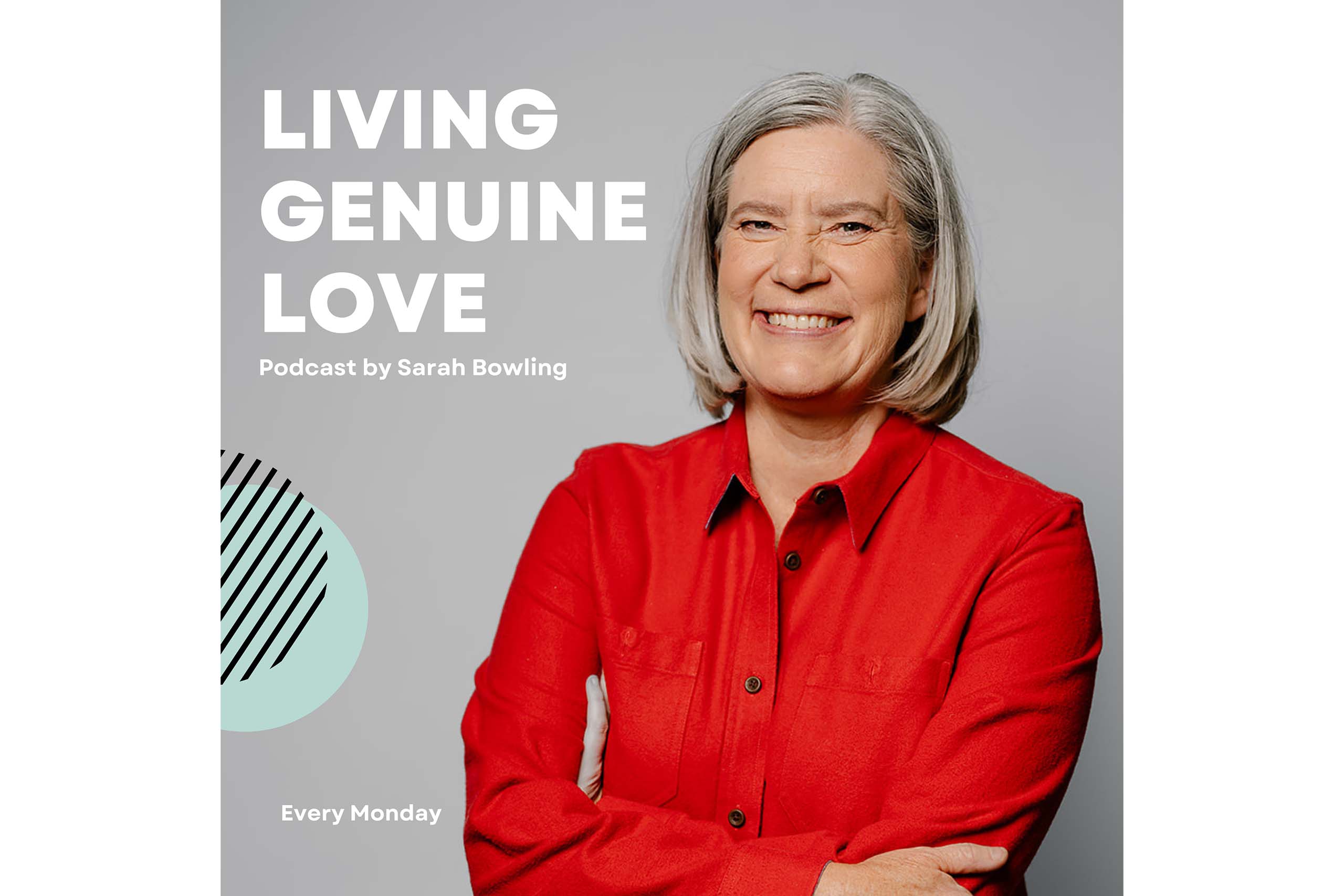I recently read the story in the Bible (1 Samuel 1-2) about a priest, Eli, who saw a woman, Hannah, in the temple whom he thought was drunk. He confronted her, and she explained to him that she wasn’t drunk but rather pouring out her heart to God in petition and great anguish. After her explanation, Eli told Hannah to go in peace, and he hoped that God would grant her petitions.
Thankfully, this exchange was the pivot point for Hannah, and she became pregnant with Samuel, who grew up to be a really powerful prophet for God. However, it stands out to me that the initial dialogue between Eli and Hannah was unnecessarily sad. I say this because Eli made assumptions about Hannah’s behaviors before asking any questions. Eli chose to judge before he sought to understand. Once he listened to Hannah’s explanation, he was more gracious.
This brings me to a really important reflection. Eli initially spoke from what was in his heart: criticism, being judgmental, and jumping to conclusions before he sought to understand Hannah’s behaviors. As such, is it possible to have different heart content, like compassion, so that our first reaction is grace and understanding rather than being critical and judgmental? And parallel to this question, do I have to understand someone’s plight to be compassionate, or can I decide to lead with compassion regardless of what I understand or don’t understand?
I’m asking myself these questions because of that Bible verse that says, “Out of the abundance of the heart, the mouth speaks” (Luke 6:45, my paraphrase). When I give this verse some time and consideration, I come to see that my external actions, words, and behaviors all originate from the inventory in my heart. I am not merely an animal conditioned to react to my environment and the people around me. I am a functional and independent adult governed by what’s in me more than controlled by what’s around me.
To this end, when I’m cranky, hostile, impatient, critical, harsh, accusing, condemning, judgmental, etc., then I need to ask first about what’s happening in me rather than looking for external blame magnets. I think these are critical things for us to reflect upon because there are plenty of opportunities where we could lead with compassion without having to understand a situation or person.
Some possibilities for compassion can include:
- Seeing a raggedy homeless person and not assuming he / she is a drug addict. Even if they are a drug addict, can we still have compassion?
- Interacting with a person who has a different political opinion. Can we choose to listen and seek to understand for our first response rather than arguing and ostracizing?
- Being around people who have a different religious or moral posture. Can we be gracious and friendly just because we have genuine love in our hearts?
I think we are at our best when we have grace, patience, forgiveness and wisdom. For myself, I find that when I let myself be available for Jesus to love me, no matter what I’ve done or haven’t done, it can be easier to be my best self, and compassion seems to more accessible and sometimes even natural. Here’s to staying available for Jesus to love us and love through us!




One Response
Much challenging food for thought there, Sarah. I heartily endorse all that and know that there are areas there that God is speaking to me about too. Thank you for sharing our heart.